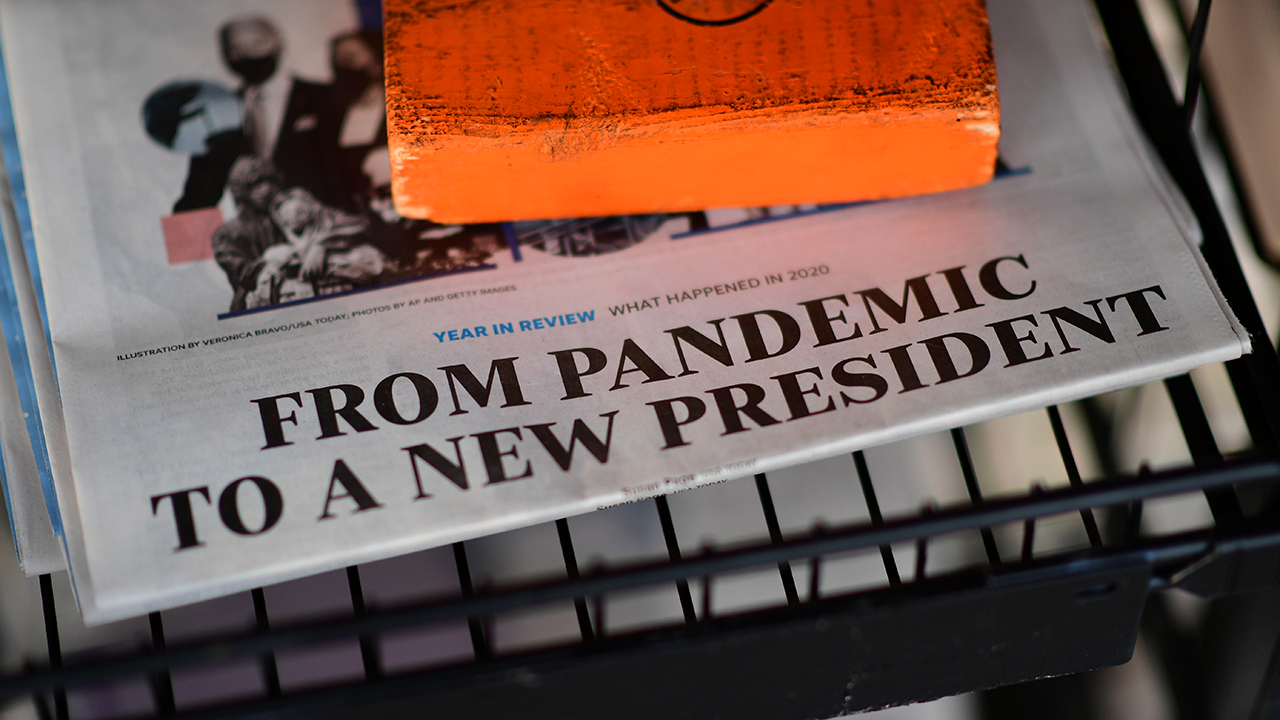
How Americans Navigated the News in 2020: A Tumultuous Year in Review
Americans inhabited different information environments, with wide gaps in how they viewed the election and COVID-19.
Pew Research Center’s yearlong initiative focusing on how Americans’ news habits and attitudes related to what they heard, perceived and knew about the 2020 U.S. presidential election and COVID-19. MORE >
Americans inhabited different information environments, with wide gaps in how they viewed the election and COVID-19.
In studying voters’ views of election fraud, we found these views varied by whether people got their news from the Trump campaign.
How the public navigated news in 2020 Pew Research Center’s yearlong initiative focusing on how Americans’ news habits and attitudes related to what they heard, perceived and knew about the 2020 U.S. presidential election and COVID-19. MORE >
We’re happy to help you find the right data. Email us at info@pewresearch.org
Pew Research Center’s political typology sorts Americans into cohesive, like-minded groups based on their values, beliefs, and views about politics and the political system. Use this tool to compare the groups on some key topics and their demographics.
Americans inhabited different information environments, with wide gaps in how they viewed the election and COVID-19.
In studying voters' views of election fraud, we found these views varied by whether people got their news from the Trump campaign.
A third of U.S. adults say they changed their Thanksgiving plans “a great deal,” while roughly a quarter changed their plans “some.”
As election returns rolled in – albeit more slowly than in recent years – Americans were tuning in closely. They also, for the most part, gave their news sources positive marks for the coverage of the returns, though Republicans were less likely to do so than Democrats.
Here are five facts about how much Americans have heard about the QAnon conspiracy theories and their views about them.
59% of Americans say made-up information that is intended to mislead causes a “great deal” of confusion about the 2020 presidential election.
About eight-in-ten Americans (79%) say news organizations tend to favor one side when presenting the news on political and social issues.
Biden supporters are more likely than Trump supporters to be confident their news sources will make the right call in announcing a winner. And partisans remain worlds apart on how well the U.S. has controlled the coronavirus outbreak.
Among Republicans, opinions about the coronavirus outbreak in the U.S. differ considerably by source of news.











